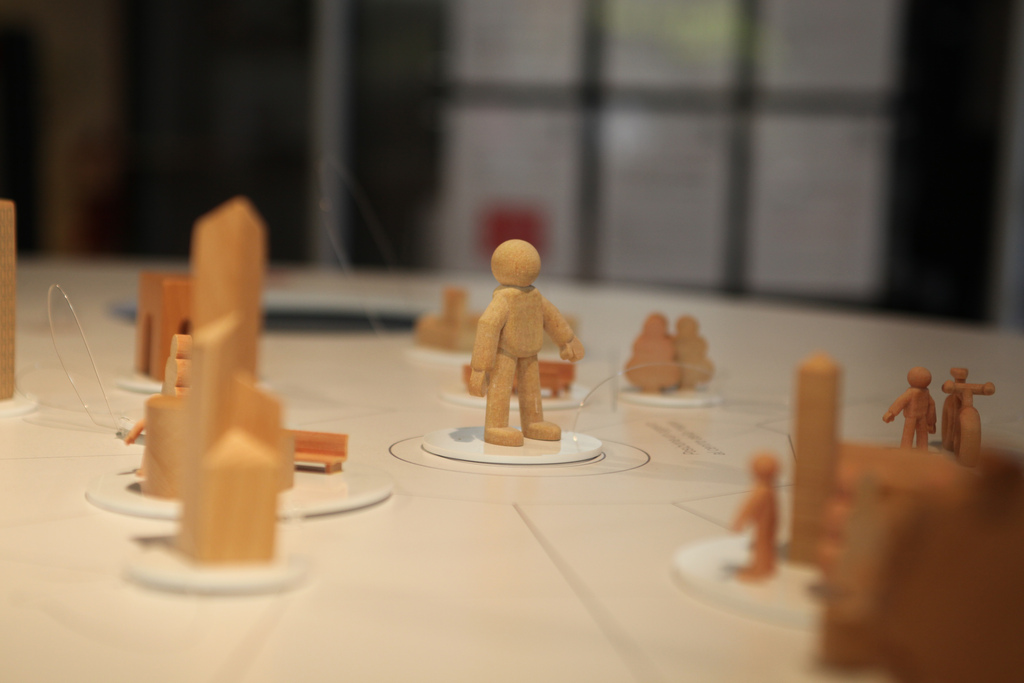Five reasons ‘technological solutions’ are a distraction from the Irish border problem
Discussing the focus on ‘technological solutions’ in the context of the Irish border debate …
Can “We the People” really help draft a national constitution? (sort of..)
There is a clear trend of greater public participation in the process of constitution making, and with the growth of e-democracy tools, this trend is likely to continue …
Bursting the bubbles of the Arab Spring: the brokers who bridge ideology on Twitter
Scholarly interest in online activism has grown with its use. Do social media really challenge traditional politics? …
In a world of “connective action” — what makes an influential Twitter user?
The new level of connectivity (particularly of social media) raises important questions about its role in the political process …
How can we encourage participation in online political deliberation?
The Internet seems to provide an obvious opportunity to strengthen intra-party democracy and mobilise passive party members. However, these mobilising capacities are limited and participation has been low …
Making crowdsourcing work as a space for democratic deliberation
Is crowdsourcing conducive to deliberation among citizens or is it essentially just a consulting mechanism for information gathering? …
Habermas by design: designing public deliberation into online platforms
What particular platform features should we look to, to promote deliberative debate online? …
Human Rights and Internet Technology: Six Considerations
The United Nations Human Rights Council has reaffirmed many times that “the same rights that people have offline must also be protected online” …
Could Counterfactuals Explain Algorithmic Decisions Without Opening the Black Box?
Exploring the role of algorithms in our everyday lives, and how a “right to explanation” for decisions might be achievable in practice …









